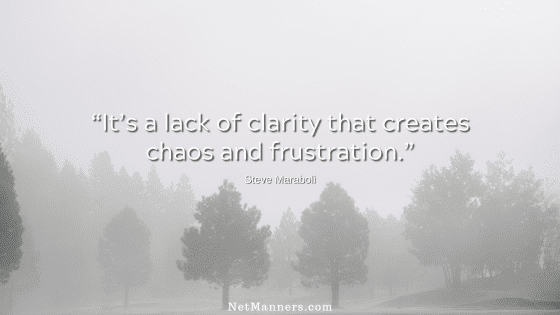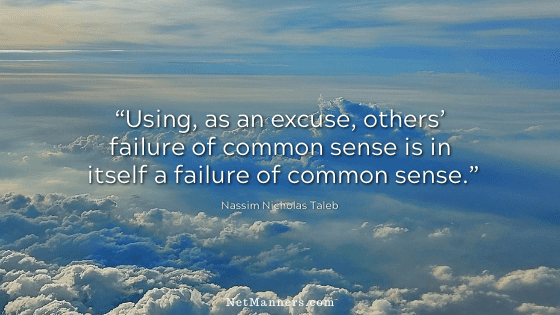How to Advise Your Expectations for an Email Reply

So, if a sender expects a reply to a personal email, should it be stated in the email? For example, “Please respond…..” or “I expect a response…” could be used.
But is that the tone that will get the response you desire?
One would think folks would reply. After all, it is easy to do, even with just a couple of words of acknowledgment. But all too often, many don’t.
What if you need a response, and it never comes? “Need” can be subjective, especially regarding personal emails and dynamics.
Have you considered if the recipient is intentionally ignoring you? Unfortunately, this does happen in personal relationships, and one side cuts ties by not responding.
Yes, Responding is Common Courtesy
When someone has some sort of relationship and takes the time to email another, common courtesy dictates that the recipient respond quickly. But that may not happen if communications are not wanted, so keep that in mind.
No one is required to respond to every email another may send them, especially when someone doesn’t want to encourage additional communication. So keep that in mind if that is the case.
However, some use the excuse that they didn’t respond because the sender didn’t specifically ask for a response. For me, that indicates they do not want to answer.
If you are frustrated by a contact that doesn’t respond, there are only two reasons.
- They didn’t get the email. Your communications were misidentified as spam, or there was a typo in their address.
- They don’t want to respond.
When you need an answer, it can help instigate your desired response. For example, “What do you think? Let me know, okay?”
Of course, not replying doesn’t apply to spam, forwarded chain letter emails, or emails sent to folks you don’t know very well. Were you spammy? That could be why you didn’t receive a response.
Are those you sent to actual contacts open to receiving your email? If not, this is probably why you didn’t receive a response.
Do Mass Emails Count?
What about a general email addressed to a large group of friends or family for informational purposes? Unless you expressly state otherwise, a reply regarding informative mass emails is not expected.
For mass mailings, if you’re going to solicit replies from everyone you send to, include a statement to that effect. Then, send the original email to your email address and note all those email addresses in the BCc: field.
This prevents unnecessary emails from the entire list by recipients hitting Reply to All while protecting their privacy from your contacts that do not know each other.
How to Communicate Your Expectations
There are a few ways to communicate your reply expectations to others in your email:
Remember that while it’s important to communicate your reply expectations, it’s also important to be flexible and understanding if the other person cannot meet your timeline.
If you are met with silence even after asking, a quick follow-up in a day or two will suffice. Still no reply? Pick up the phone, or maybe it is time to take a hint.







